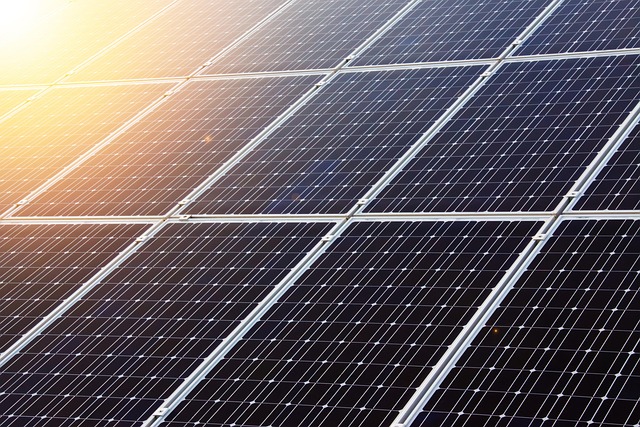Financing a renewable energy project is an entirely different beast from financing a vehicle, a machine, or a piece of IT equipment for your business. Where traditional asset finance revolves around tangible assets with clear resale value, renewable funding depends on performance, regulation, and long-term cash flow – factors that need a more specialised approach.
Unlike machinery or vehicles, a solar array or wind turbine only generates value if it produces energy and gets paid for that energy. Lenders don’t just look at the balance sheet, they’ll want to review:
- Power generation forecasts
- Energy yield reports
- Terms of Power Purchase Agreements (PPAs)
The challenge is that income depends on elements no one can fully control – weather, energy prices, and grid access. That uncertainty makes reliable performance data and credible forecasts central to securing finance.
Long-term commitment
Renewable assets tend to have high upfront costs but pay back over decades. Funders are assessing whether a project will remain viable for 10 to 25 years, not just whether it will cover next year’s repayments.
That’s why renewable funding is often structured as project finance, with repayments linked to income streams rather than fixed instalments.
Specialist due diligence
The checks involved are also more extensive. In addition to normal financial due diligence, renewable projects must meet technical, environmental, and regulatory standards. Lenders need to see:
- Evidence of planning permission
- Grid connection agreements
- Feed-in tariffs or Contracts for Difference (CfD)
- Equipment warranties
It’s also common for independent engineers or environmental consultants to verify that all assumptions stack up.
Complex ownership and structure
Many renewable projects are held within Special Purpose Vehicles (SPVs) – standalone entities that ring-fence project risk.
Finance is secured against the project’s assets and income contracts, not the wider company balance sheet. That’s a world apart from the corporate guarantees used in standard asset finance.
Policy and regulation matter
Government incentives, tax schemes, and carbon targets can all affect project viability. A sudden change in subsidies or grid rules can shift returns overnight – and lenders price that uncertainty into their risk models.
The question of residual value
Where a van or excavator can be sold on at the end of a finance term, a solar farm can’t.
Its long-term value depends on:
- Remaining operational life
- Maintenance standards
- Technology lifespan and innovation pace
That’s why lenders rely far more on projected cash flow than resale value.
Why it takes experience
Renewable asset finance is about understanding performance, longevity, and regulation, not just depreciation and security. It calls for specialist knowledge, long-term modelling, and a realistic view of policy risk — the kind of understanding that comes from experience, not just spreadsheets.
How Able Commercial Finance can help
At Able Commercial Finance, we work with businesses and investors developing or acquiring renewable energy projects to secure the right funding structure for their needs. As an independent broker, we’re not tied to any lender – which means we can assess every viable route, from specialist project finance to asset-based and hybrid solutions. We know what funders look for, how to prepare the evidence, and how to balance long-term risk with practical finance terms.
Whether you’re installing rooftop solar, developing a wind project, or refinancing existing assets, Able can guide you through every stage – helping you access funding that works for both your project and your future plans.




